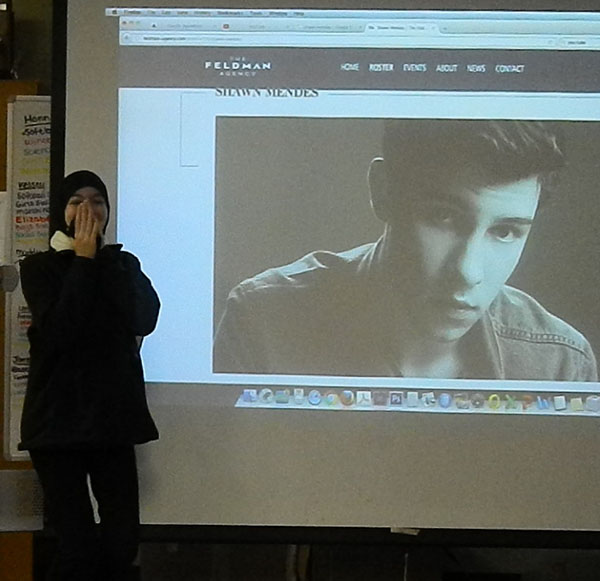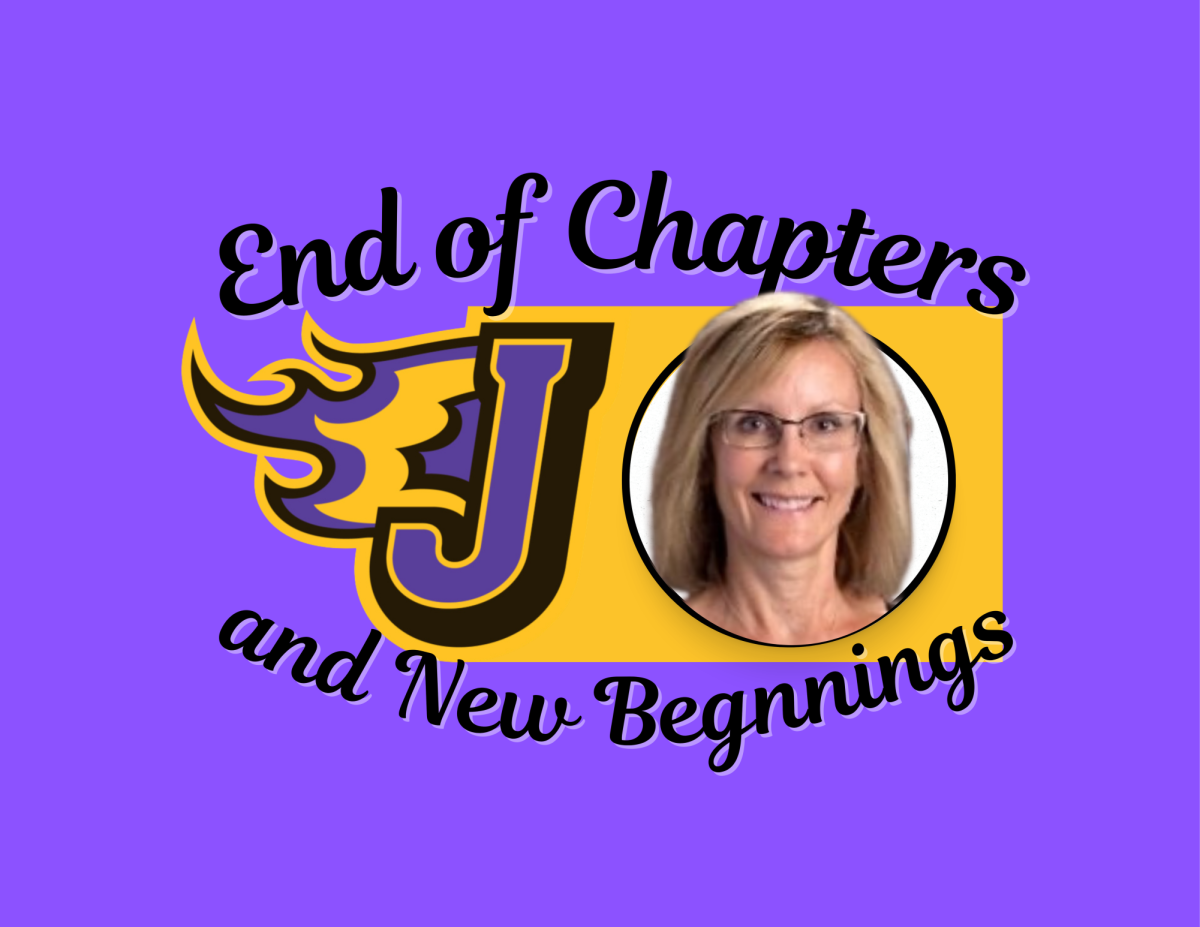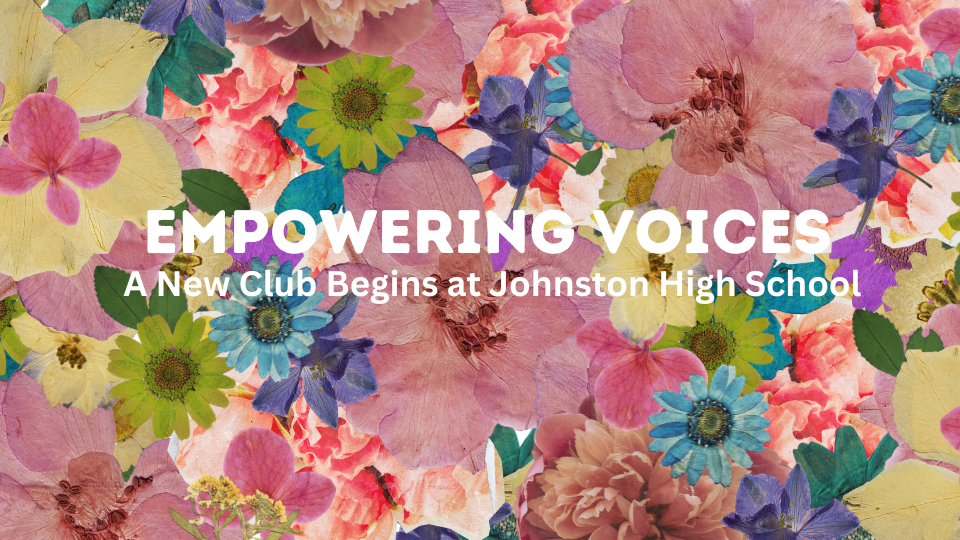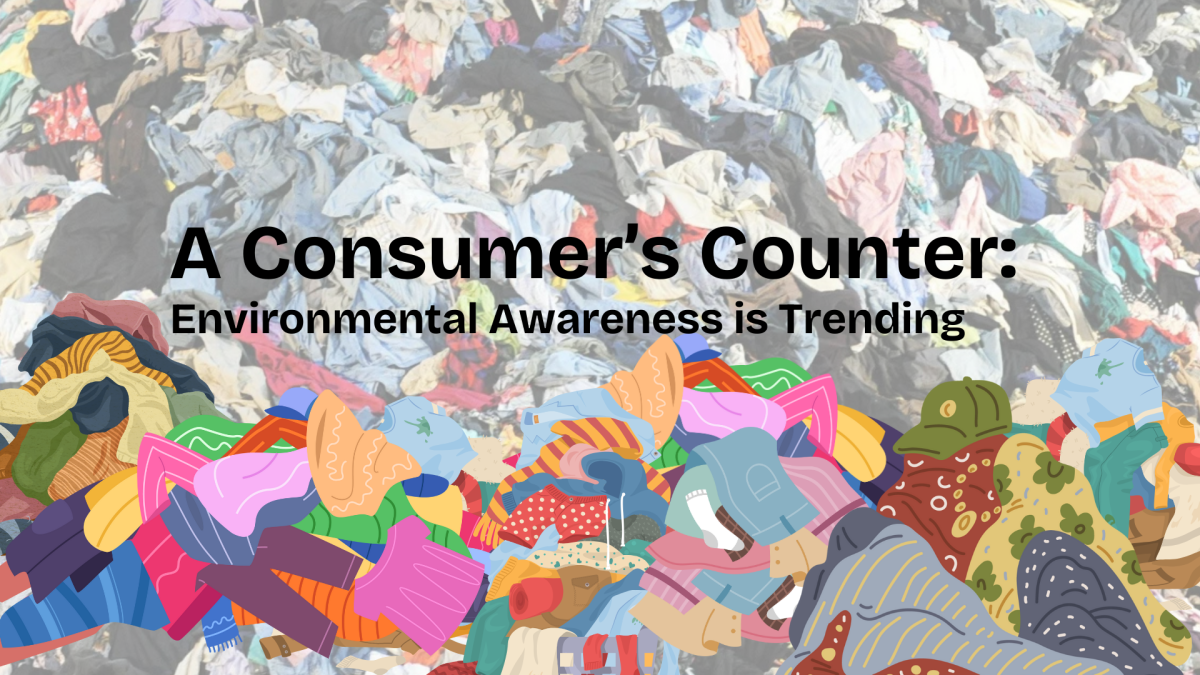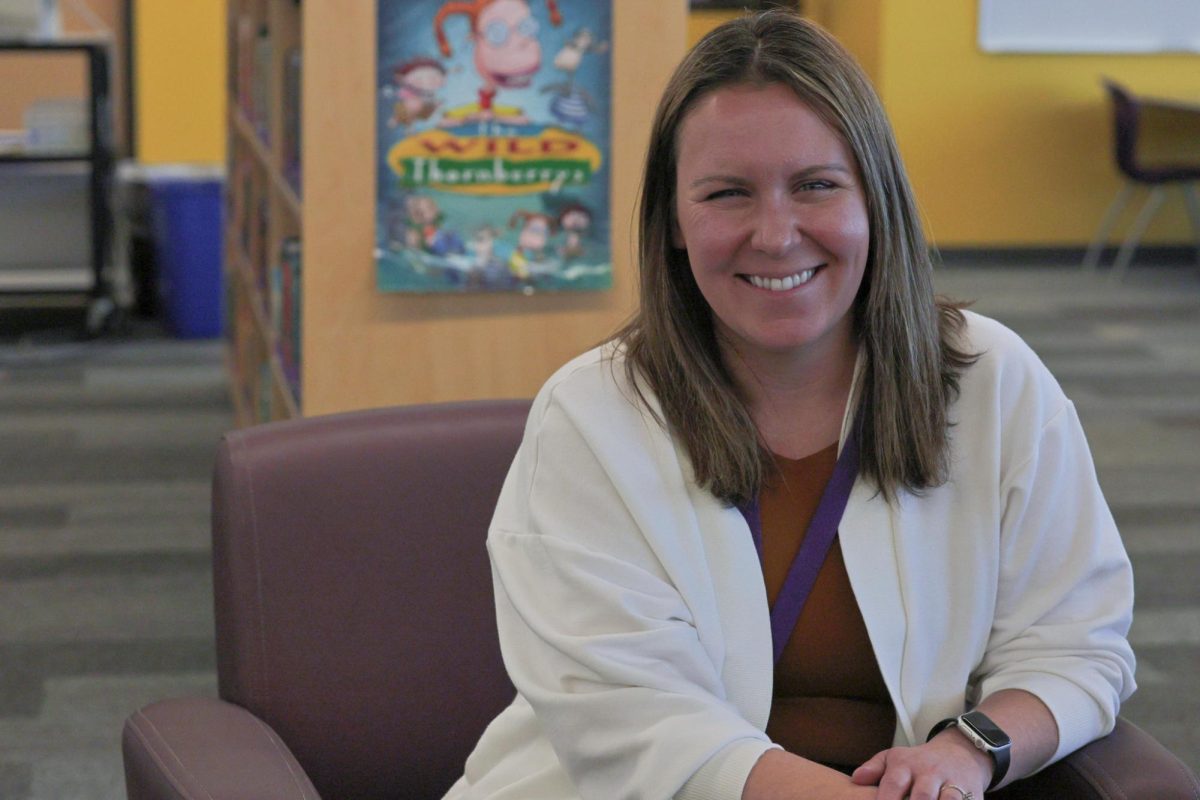Now that we are a few months into the year, most students have gotten used to the school life. Yet some students are doing something their parents may not have gotten the chance to do. These students, are first generation kids.
Students like Aline Teixeira ’19 are the first one in their family to go to high school and the first to plan to go to college. “I don’t know what I’m going to major in yet, but I do know that I’m going to college,” Teixeira said.
Teixeira came to Johnston from Brazil in 2011, because of her mom who works for Pioneer. “When I came, I had just finished the fourth grade,” Teixeira said. “But in America, the seasons are different. When it’s summer there it is winter here. So, I went right back into fourth grade.”
Some students actually feel very pressured by the fact that they are a first generation in their family. “It is kind of confusing because I don’t really know the steps of education,” Amra Smajlovic ’18 said. “Since I don’t have anyone else in my family to help me, I have to figure things out on my own.” Smajlovic is from Bosnia, the first in her family to plan to go to college and the first to go to high school.
Other social problems can come up with students going to school here. “It can be hard for some kids to balance their own cultures, with American culture,” Emily Kenny, English learner teacher, said. “Questions like, ‘Do I want to go to my cultural festival, or spend the weekend with my friends?’ come up.”
That does not stop the students from learning new things about American culture. “I learned stuff about American history, and holidays that I didn’t really know existed,” Teixeira said.
There are also some barriers that the students have to break down with their parents when they come here. “I’ve talked to my family about scholarships,” Smajlovic Said. “They think it’s only about sports, not what you’re good at. So it is kind of hard to explain it to them.”
Then there are issues with everyday life. “Learning English and communication was difficult for me,” Teixeira said. “I learned by taking classes when I was young, and just hearing people talk. I also took some classes at school in Brazil as a required class.”
There are ways to make things easier though. In order to help out the first generation students, Kenny has a few recommendations. “Just saying hi to them makes them feel more welcome,” Kenny said. “Comparing cultures can help show that you’re interested.”
Despite these barriers, the first generation students have hope for the future. “I’m looking forward to being a senior,” Smajlovic said. “Before I came here, I didn’t know the terms sophomore, junior or senior. In Bosnia, I couldn’t go to school, because their colleges are really expensive and the economy there is really bad. It’s really exciting. You get more freedom, and I can learn more.”

